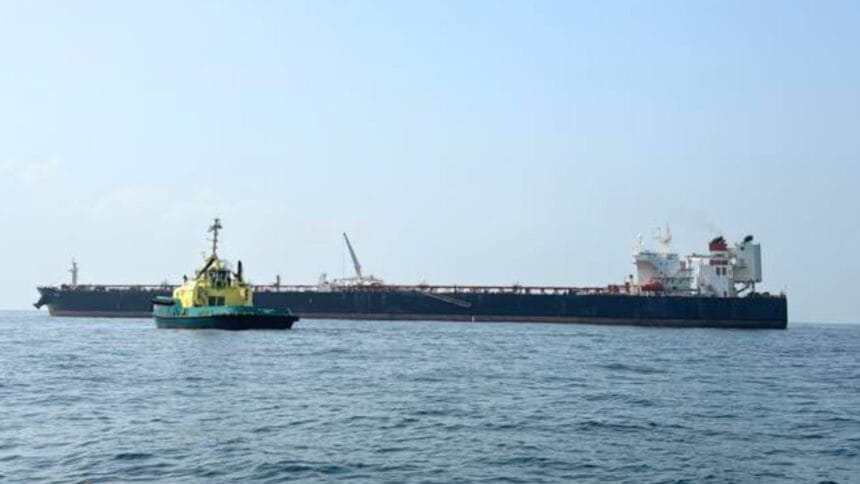… diverts market, finds international outlets as NNPC ends crude-for-Naira deal
Oredola Adeola
The Dangote Refinery and Petrochemical Company has successfully exported 1.7 million barrels of kerosene (jet fuel) to the United States, seizing on an arbitrage opportunity created by a temporary shutdown at a major American refinery.
Alhaji Aliko Dangote, founder, chairman, and CEO of the Dangote Group, disclosed this over the weekend in a statement obtained by Advisors Reports.
According to Dangote, the export aligns with the company’s broader strategy to access international markets, especially in light of domestic restrictions.
He revealed that the Nigerian National Petroleum Company Limited (NNPC) has imposed an embargo on the local supply of kerosene, which has limited the refinery’s ability to serve the Nigerian market.
“The 650,000-barrel-per-day refinery has redoubled its efforts to find international outlets for its products,” Dangote stated.
Investigations by Advisors Reports confirm that Phillips 66’s Bayway refinery in Linden, New Jersey, is currently undergoing a major maintenance turnaround.
The refinery shutdown, which began in mid-February 2025 and is expected to last approximately 50 days until early April, created an opening for the export of Dangote’s jet fuel to the U.S.
While this move underscores the refinery’s growing global reach, industry experts caution that the U.S. may not become a regular market for Dangote’s jet fuel exports.
They noted that the window of opportunity is likely to close or shrink soon, given the elevated inventories of aviation fuel in the United States.
Alhaji Dangote while explaining the ongoing challenges the refinery faces in Nigeria, particularly its escalating conflict with the NNPCL.
He confirmed that the national oil company has cancelled the crude-for-naira swap deal that previously enabled Dangote Refinery to pay for crude oil in local currency.
“With the cancellation of this crucial agreement, we are now compelled to carry out all crude oil transactions in U.S. dollars—a shift that significantly raises our operating costs and has already contributed to the recent spike in fuel prices across Nigeria,” Dangote said.




